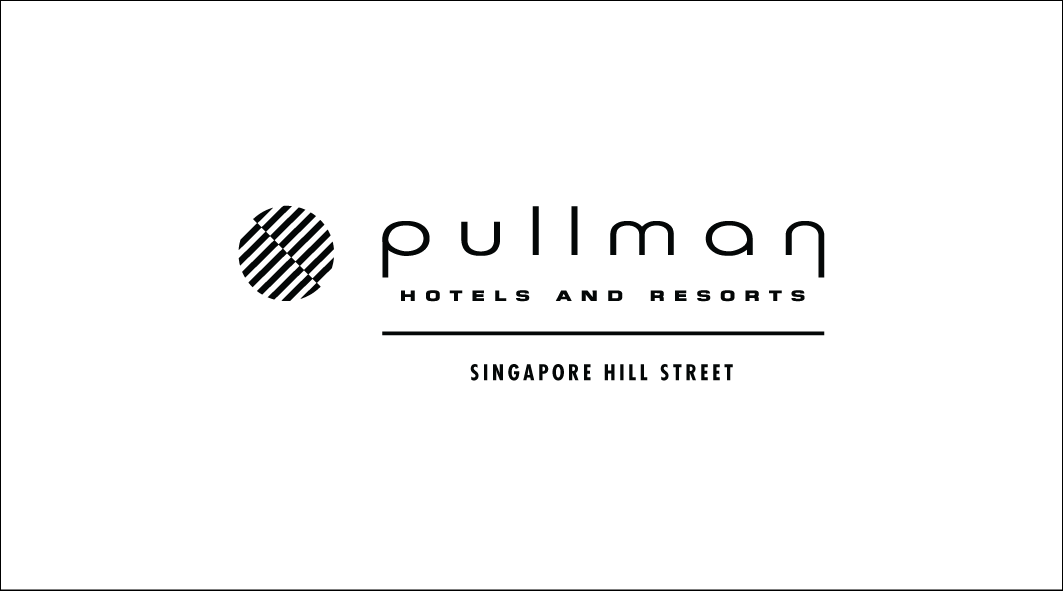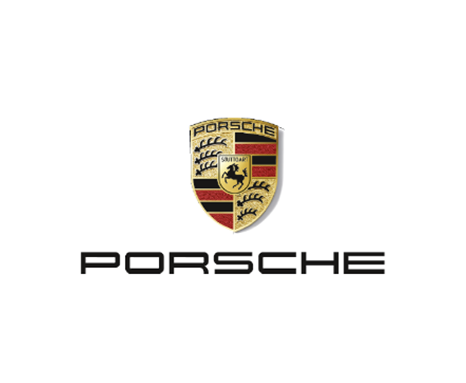A Restaurant marketing manager is crucial in promoting the restaurant, driving customer engagement, and increasing overall sales. Here’s a breakdown of their job scope:
1. Strategic Planning
- Develop and implement a comprehensive marketing strategy that aligns with the restaurant's goals and brand image.
- Analyze customer demographics, local competition, and dining trends to refine strategies.
- Set measurable marketing goals (e.g., foot traffic, online engagement, booking rates) and track performance.
2. Brand Building & Awareness
- Ensure the restaurant’s brand is consistently represented across all marketing channels.
- Create authentic brand narratives that emphasize the Turkish heritage, cuisine, and dining experience.
- Design campaigns highlighting unique aspects like traditional recipes, cultural ambiance, and seasonal Turkish specialties.
3. Social Media Management
- Manage the restaurant's social media accounts (Instagram, Facebook, TikTok, etc.) with regular, engaging content.
- Share photos, stories, and videos that showcase the food, ambiance, staff, events, and customer experiences.
- Interact with followers, respond to messages, and leverage user-generated content to build community.
4. Digital Marketing & SEO
- Manage online listings (Google My Business, Yelp, etc.) and ensure information is up-to-date.
- Develop and optimize the restaurant’s website for SEO, creating blog posts or pages that attract organic traffic.
- Run digital ads (Google Ads, Facebook Ads) to target local audiences and drive reservations.
5. Event & Campaign Management
- Plan special events like Turkish festivals, tastings, live performances, or holiday menus.
- Execute themed campaigns (e.g., Ramadan, Eid, Turkish New Year) that attract new customers and retain regulars.
- Coordinate with other departments to ensure smooth event execution and post-event promotions.
6. Promotions & Loyalty Programs
- Design loyalty programs, special discounts, and seasonal promotions to encourage repeat visits.
- Collaborate with third-party platforms (e.g., food delivery apps) to maximize promotional reach.
- Monitor and analyze the effectiveness of promotional activities, adjusting as needed.
7. Content Creation & Storytelling
- Collaborate with photographers, videographers, and designers to produce high-quality visual content.
- Write compelling content that conveys the cultural richness and culinary authenticity of the Turkish dining experience.
- Craft monthly newsletters, blog posts, and behind-the-scenes stories that resonate with the target audience.
8. Customer Relationship Management (CRM)
- Track and analyze customer data to understand preferences and improve personalized marketing efforts.
- Respond to customer reviews and feedback on platforms like Google, TripAdvisor, and Yelp to build a positive image.
- Implement strategies to convert one-time visitors into loyal patrons, such as targeted email campaigns.
9. Community Engagement & Partnerships
- Establish partnerships with local businesses, influencers, and Turkish cultural organizations.
- Attend or sponsor community events to boost visibility and foster local goodwill.
- Engage with influencers and food bloggers for collaborative promotions and reviews.
10. Reporting & Analysis
- Regularly review marketing campaign performance, traffic metrics, and customer feedback to refine strategies.
- Report key insights to management, highlighting successes, challenges, and areas for improvement.
- Use data to justify budget allocations for specific campaigns, events, and platforms.
























